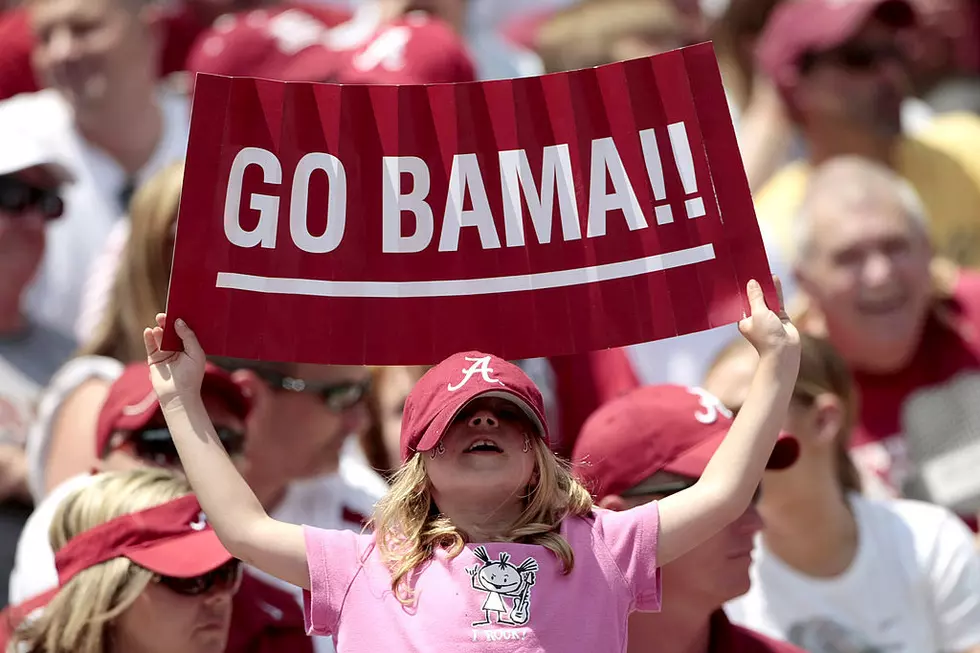
Dry, Breezy Conditions Prompt Fire Weather Watch in Alabama
A Fire Weather Watch has been issued by the National Weather Service in Birmingham for many counties in our Townsquare Media Tuscaloosa coverage area. This goes into effect on Wednesday, September 28th starting at 11:00 a.m. through 7:00 p.m.
Counties Under this Fire Weather Watch:
Autauga, Barbour, Bibb, Blount, Bullock, Calhoun, Chambers, Cherokee, Chilton, Clay, Cleburne, Coosa, Dallas, Elmore, Etowah, Fayette, Greene, Hale, Jefferson, Lamar, Lee, Lowndes, Macon, Marengo, Marion, Montgomery, Perry, Pickens, Pike, Randolph, Russell, Shelby, St. Clair, Sumter, Talladega, Tallapoosa, Tuscaloosa, and Walker.
WINDS
Northeast 10 to 15 mph with gusts up to 25 mph.
RELATIVE HUMIDITY
As low as 20 percent.
IMPACTS
The combination of a dry air mass and windy conditions will result in critical fire weather conditions. Outdoor burning is not recommended.

PRECAUTIONARY/PREPAREDNESS ACTIONS
A Fire Weather Watch means that critical fire weather conditions are forecast to occur. Listen for later forecasts and possible Red Flag Warnings.
According to the National Weather Service in Birmingham, “a Fire Weather Watch is issued to alert land management agencies and the public to possible fire weather conditions.” Here are some steps to take while this situation is going on.
Avoid burning
Be careful with equipment or during any activities that may cause sparks
Properly dispose of cigarettes
Report a wildfire: 1-800-392-5679
(Source) Click here for more details from the National Weather Service Birmingham.
Amazing and Intriguing Weather Folklore
LOOK: The most expensive weather and climate disasters in recent decades
More From 95.3 The Bear









